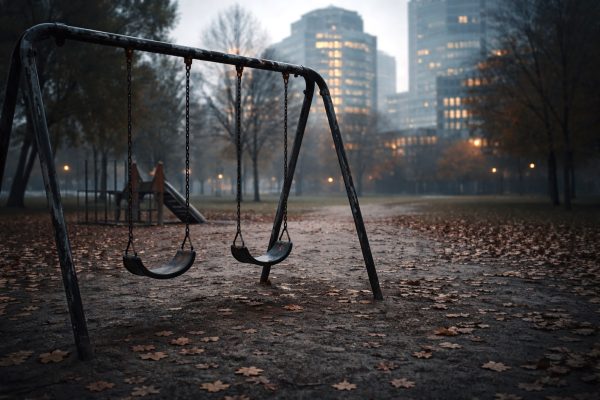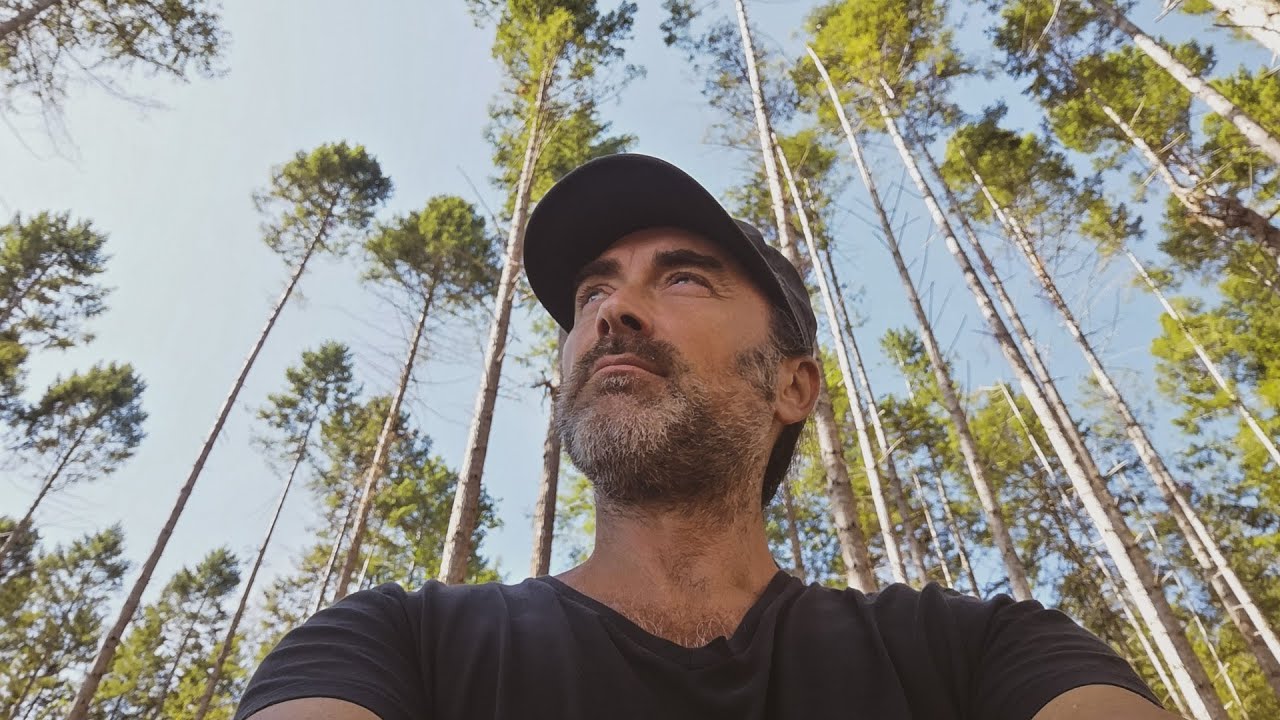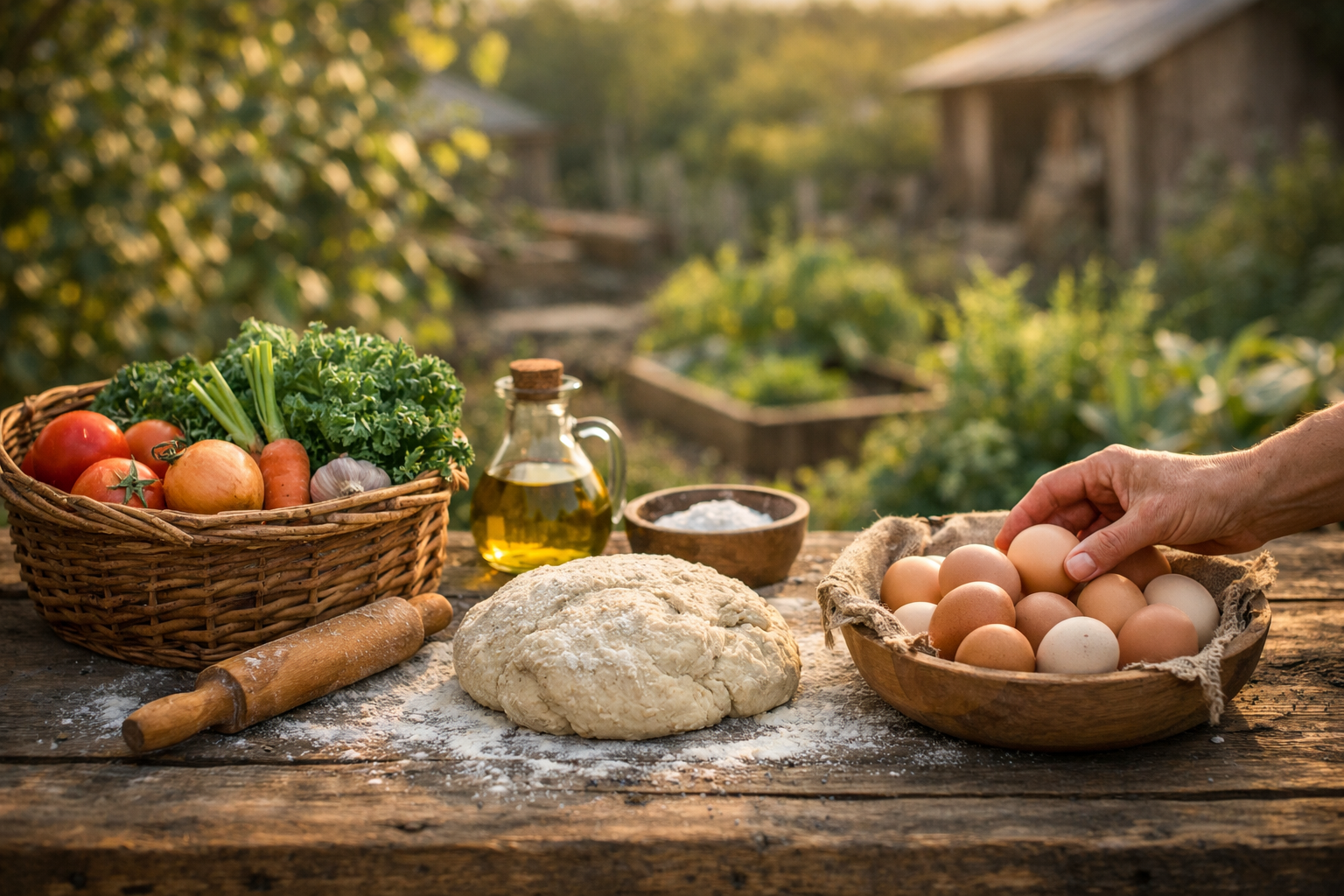The Next 50
A Monday morning. Decaf steam rising. The calendar turns without asking, and I turn with it. At fifty, the body feels familiar, the questions less so. Between machine whispers and unfinished songs, I keep walking the quiet line between what is made and what is true.





